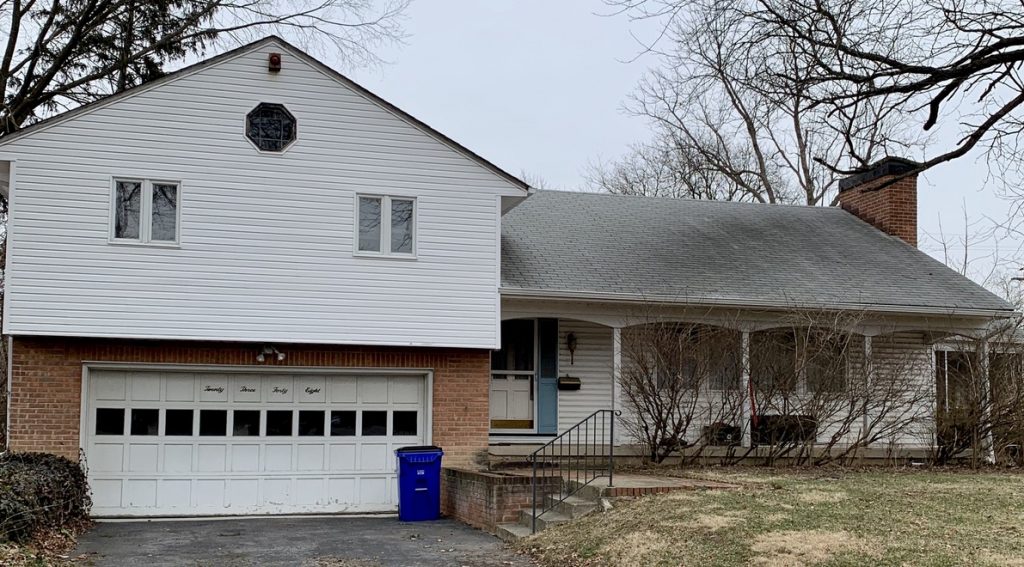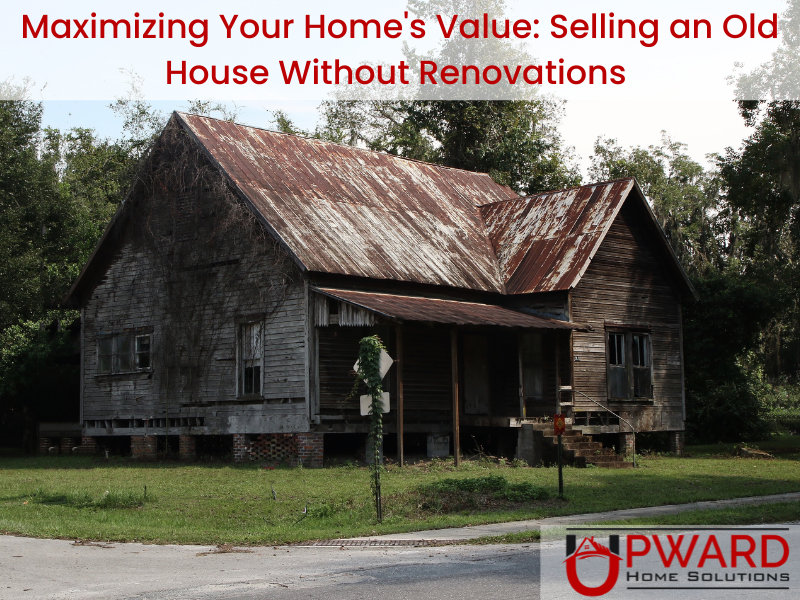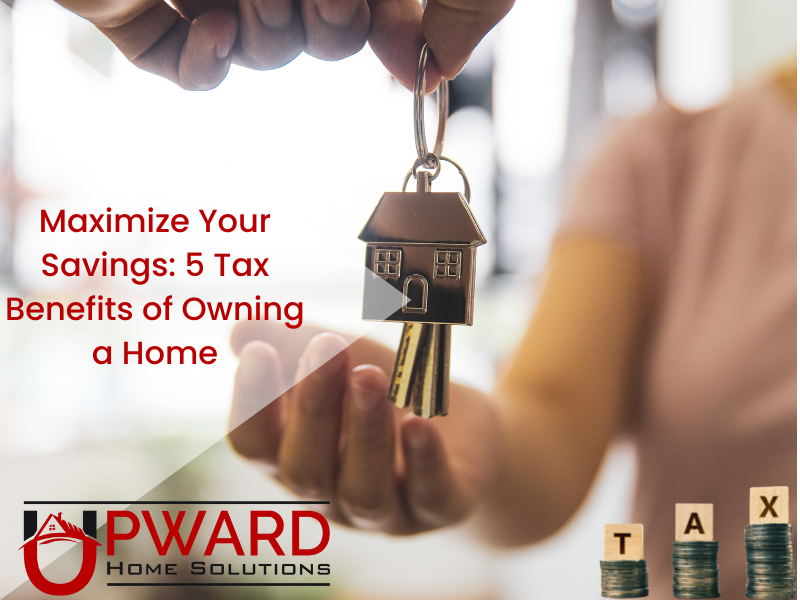
What Happens to Equity When You Sell Your House?
Sep 21, 2020
It’s something that many homeowners ask when the idea of selling comes up: what happens to equity when you sell your house? It’s a good question. But to understand what happens to your equity when you sell your house, it helps to understand a few other things first. For one thing, you may have heard your equity matters, but not fully understand what it is. We’ll take a look at some of the common questions surrounding the topic and try to paint a clear picture. So for anyone looking through Zillow and wondering, “What happens to equity when you sell your house?” we’ll get there. But first, we need to look at what details matter in the concept of home equity.
Table of Contents
Let’s Define Equity
While not too complicated of a concept, home equity is something you may not know about until you have to deal with it directly. Bankrate defines home equity as, “the appraised value of your home minus any outstanding mortgage and loan balances.” Basically, it’s the percentage of ownership you have of your home.
What is the Average Equity in a Home?
First, let’s take a look at some peripheral numbers. For instance, CoreLogic reports a seven-year-high rise in equity for homeowners at an average of $26,300 in 2020. These are some substantial gains.
Referencing Harvard’s Joint Center for Housing Studies 2019 report, HousingWire relates that the national aggregate for housing equity more than doubled from 2011 to 2018. It also reveals what the average equity in a home is for Americans four years ago: “In 2016, 86% of homeowners had at least 20% of their home’s value in equity, while 61% had at least 50%.”
And with the pandemic-era housing market proving a strong one for homeowners, those numbers are likely to keep rising by the day. So what is the average equity in a home for Americans right now? Impressively high.
“In 2016, 86% of homeowners had at least 20% of their home’s value in equity, while 61% had at least 50%.”
As a direct cash buyer, Upward Home Solutions deals with home equity all the time. We think it’s important for homeowners to be educated on what affects them during a sale. For instance, say someone has just 25% equity in their house. In that situation, selling probably isn’t going to be in both parties’ best interest for now.
In order for us to create a win-win scenario in buying a home, we typically look for a homeowner to have at least 40% equity in their home. It’s rare that we can make the numbers work for someone with less than that. For reference, a person can typically expect to see 40% equity around the 8-10 year mark of paying on a home mortgage.

What Other Things Can Affect Home Equity?
Of course, a variety of things can affect your home equity percentage. We won’t get into an exhaustive list here, but you can likely imagine many scenarios based on what we’ve covered so far.
If someone pays cash or inherits a house, for instance, they usually have 100% equity or close to it. Big down payments will help increase your home equity as well. Taking out a second mortgage, on the other hand, will decrease your equity. You get the idea: assuming a stable market, the more you’ve paid into your home, basically, the higher your equity.
So What Happens to Equity When You Sell Your House?
The short answer is that when you sell your home to a cash buyer or personal buyer, that’s the moment your home equity becomes a real, defined number. It sort of exists in a theoretical space until that point. Sound a little abstract? Well, it kind of is! Let me explain.
Actually, theoretical presale value is not an uncommon thing at all, although it may sound that way at first. It’s not dissimilar from the way we value many items in our society. A work of art, for instance, might have an expected going price. But in reality, it’s true worth is determined by what a buyer is willing to pay.
Home List Prices
Similarly, your home has a price attached to it, but it isn’t a definite price. My sister loves watching HGTV. She also pores over home listings and goes on websites like Zillow to see how much her favorite homes are worth. But if she wanted to evaluate home equity, she could only expect to get an educated estimate, given all available information.
Of course, the condition of a house also factors in. Say yours were valued at $100,000 when you bought it, then you threw a wild party — put holes in the walls, burnt the carpets, etc. — and then turned around to sell it as-is. It’s pretty obvious you should expect less money. But if this scenario were true, it could be a great opportunity to sell to a cash buyer. We literally take homes in any condition because we specialize in restoring individual houses and revitalizing neighborhoods. But even if a home has been well-maintained and not renovated in any substantial way, home equity will still only be technically determined at the time of closing. While you own your home, its list price is really just a good estimate.
Should I Just Ignore List Prices?
No way! You’ll remember that I mentioned before how we typically only work with owners whose home equity is above 40% here at Upward Home Solutions. A list price is a very valuable thing to keep an eye on for direct buyers like us and for homeowners as well. It’s jsut important to remember that the final value is technically fluid until set in the concrete of a closed sale.
For this reason, when you sell, stabilizing your home’s value for that moment, this will set your home equity dollar amount in stone.
An Example of What Happens to the Equity in a House When You Sell
Let’s say I sell for $200,000 on the nose, and I still owe $110,000 on my home mortgage. That puts my home equity at 45%. So I would walk away with $90,000.
The Bottomline on Home Equity Today
If the housing market continues to boom, your theoretical home value will continue to rise, taking your equity up with it. That’s a great scenario for homeowners. It’s also great news for us because it makes it that much easier for us to provide win-win homebuying situations around Columbus. So, what happens to the equity in your house when you sell it? You collect that money.
If you’re interested in looking at your options, give us a call or stop by the Upward Home Solutions office in Powell. We’d love to chat and answer any questions you may have!
More Articles

Maximizing Your Home’s Value: Selling an Old House Without Renovations
Mar 28, 2023

Maximize Your Savings: 5 Tax Benefits of Owning a Home
Mar 21, 2023

Unlocking the Real Estate Market: The Impact of Location on Property Value
Mar 14, 2023
